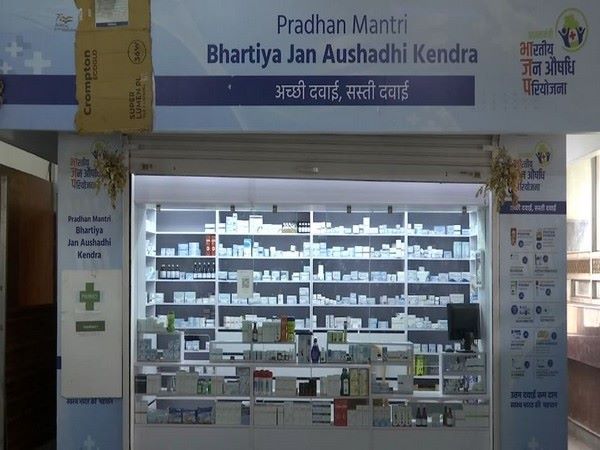In a landmark decision aimed at making healthcare more affordable and accessible, the Delhi government has mandated that all state-run hospitals procure their medicines from Pradhan Mantri Jan Aushadhi Kendras (PMBJK), government-operated outlets offering generic drugs at significantly reduced prices. This move, announced by Delhi Health Minister Pankaj Kumar Singh on Wednesday, reflects a commitment to delivering high-quality, cost-effective healthcare to patients across the capital’s public health facilities.
Affordable Generic Medicines to All
As part of this transformative initiative, six hospitals in Delhi have been selected to pioneer the establishment of Jan Aushadhi Kendras within their premises. This pilot project, greenlit by an order from the Health Minister’s office on March 25, 2025, will allow patients to access affordable generic medicines directly at these locations. The government has also outlined plans to extend this model to additional state-run hospitals in the near future, signaling a broader overhaul of the healthcare supply chain in Delhi.
The directive aligns with the Pradhan Mantri Bharatiya Janaushadhi Pariyojana (PMBJP), a Central government scheme launched to provide essential medicines at prices far below those of branded alternatives.
Under PMBJP guidelines, a minimum distance of 1 km between Jan Aushadhi Kendras is typically required. However, the Delhi order specifies an exemption: no distance restrictions will apply within 500 meters of district government hospitals, private facilities with 100 or more beds, or hospitals linked to medical colleges. This flexibility ensures that high-traffic healthcare hubs can maximize access to these affordable drugs.
In a complementary move, the Delhi government has shifted its procurement strategy, mandating that hospitals source medicines exclusively from PMBJK rather than relying on local purchases, except in emergencies. This decision, formalized on March 6, 2025, calls for swift action from medical superintendents and health officials to align with the PMBJP framework, managed by the Central government’s Department of Pharmaceuticals.
To streamline this transition, a memorandum of understanding (MoU) has been signed with the Centre, ensuring a steady and efficient supply of medicines across Delhi’s public hospitals.
The integration of Jan Aushadhi Kendras into the healthcare system
is poised to benefit thousands of patients who depend on government facilities for treatment. By offering generics that are often 50-90% cheaper than branded drugs, the initiative directly addresses the financial burden of medical expenses, a key barrier to equitable healthcare. The in-hospital Kendras will further enhance convenience, allowing patients to obtain their prescriptions without leaving the facility.
This dual approach—establishing on-site Kendras and centralizing procurement—marks a proactive step toward strengthening Delhi’s public health infrastructure. It not only reduces out-of-pocket costs but also aligns with the national goal of ensuring that quality healthcare is within reach for all.
As the Health Department eyes further expansion of these centers under the updated PMBJP policy, this initiative promises to reshape healthcare delivery in the capital, setting a potential blueprint for other states to follow.





